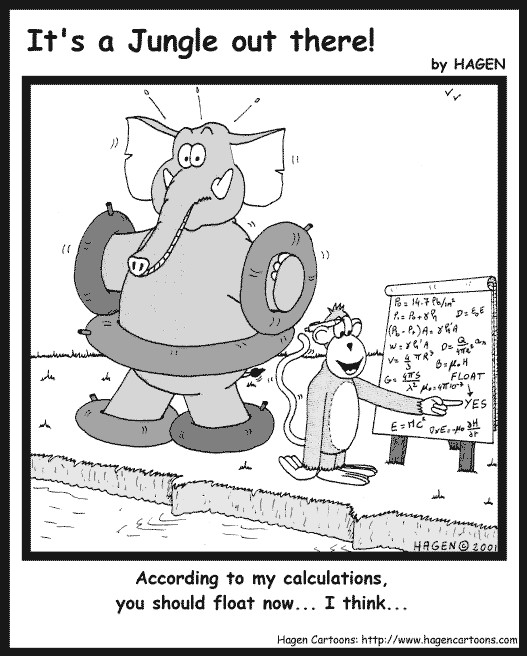Coaching to increase educational leadership capabilities

Before starting the match
After reading an excellent article recommended by a professional colleague; Atul Gawande – Personal Best, September 2011, New Yorker, I wondered how the notion of a coach could be embedded within the New Zealand Education Council Educational Leadership Capabilities Framework.
This framework articulates what capabilities would look like in different leadership spheres. In particular through leading organisations, leading teams, and as an expert teacher demonstrating leadership of curriculum or other initiatives.
It has led me to wonder what does an educational leader need in order to keep at their peak to be consistently successful within these spheres? As a Professional Learning and Development facilitator and leadership coach, there are expectations to build capability, cultural responsiveness, and supporting teachers and leaders across a range of contexts that align to the National Priorities. What is the key role of a facilitator so that a leader can maximise and sustain their learning – both in terms of knowledge and their personal growth?
As I write this, tennis great Rafael Nadal has lost in the first round at the Barcelona Open for the first time in his career. I dare say there will be challenging conversations afterwards with his coach.
Yes, even extraordinary tennis players and in fact most international professional athletes use coaches to make sure they are as good as they can be. Does every leader of a school, or leader of a Kāhui Ako, or other leaders aspiring to meet the capabilities outlined in the framework, have a coach?
Maybe some leaders find it difficult to justify the resources for someone to come into their school and coach them on pedagogy, relationships or leading change. This is a formal arrangement, with structured conversations, with the coach facilitating the discussion so that the leader can solve problems more easily.

Coaching involves the leader being challenged and supported towards new thinking. Through this, agency is developed where the leader owns their learning, and results in the opportunity for improved performance.

Coaches within this paradigm are not necessarily teachers, but they teach. They are not your direct report, but they can be directive. They don’t even need to have been a principal or as good a leader in terms of pedagogical leadership.
Coaches observe, judge and then guide. Coaches are like editors, giving leaders confidence in themselves and the imaginary book they are writing, which might take the shape as the legacy they will leave behind.
Coaches are not telling you what to write, instead, coaches suggest to leaders, what leaders want to do themselves.
This coaching model is different from an approach where there is a presumption that after a certain point, success criteria are met. Does this mean that the leader has sufficient expertise to solve a range of problems in a variety of contexts with sometimes knowing actual solutions, based on their success to achieve the educational capabilities?
Compare this situation to a doctor. Knowledge and the science of medicine and treatments are always evolving. Doctors need to keep developing their capabilities and avoid plateauing or falling behind.
Self-development or mastery through coaching has the capability of instilling an ethic of exemplary excellence. Expertise is thought to be not a static condition but one that leaders must build and sustain for themselves.
Your serve – why would you need a coach to continually increase your Educational Leadership Capability. The status quo might not be sufficient for you or the people you serve as a leader.

Facebook Comments